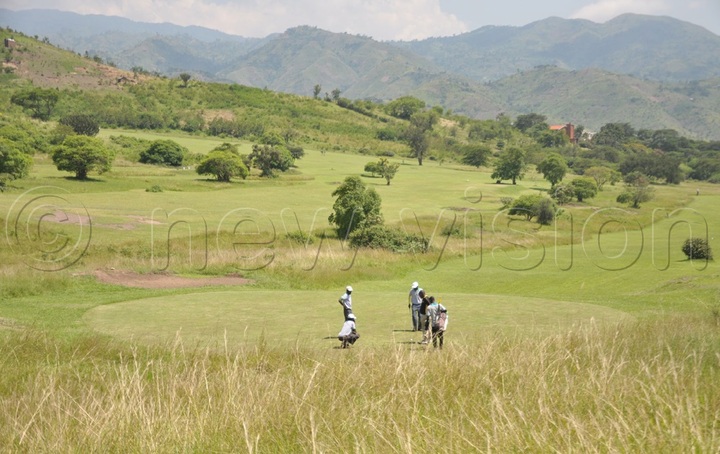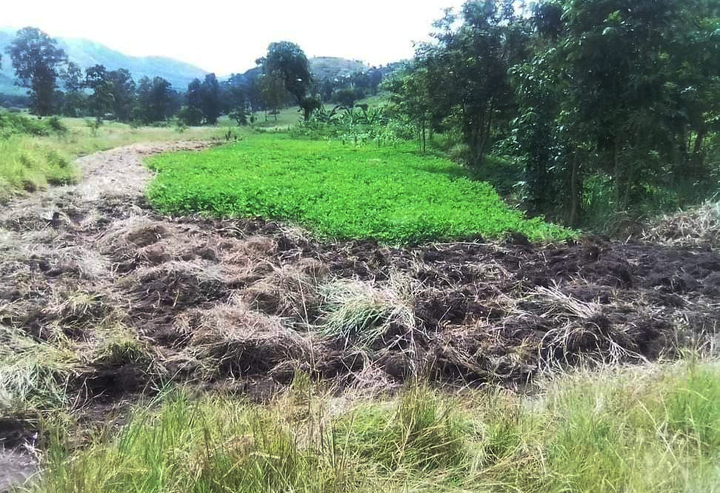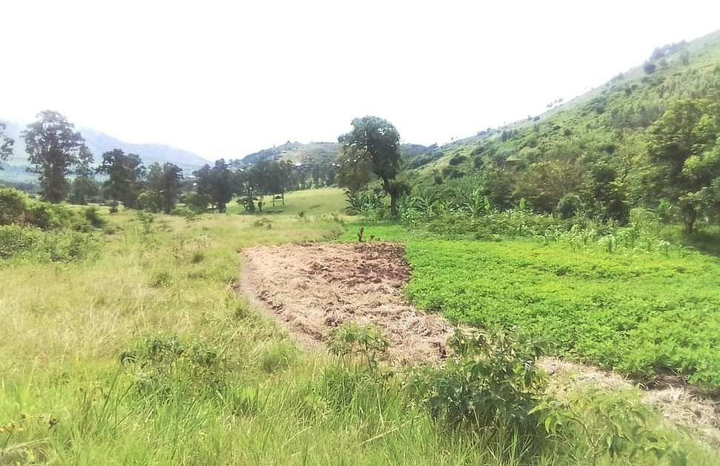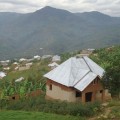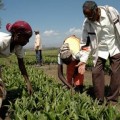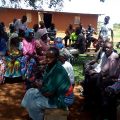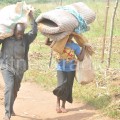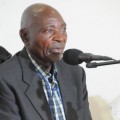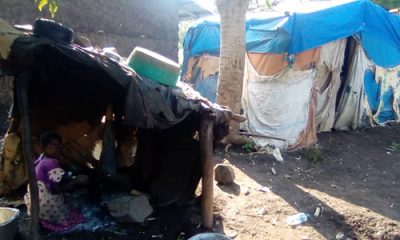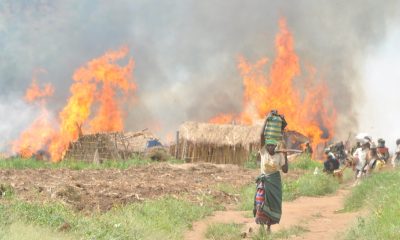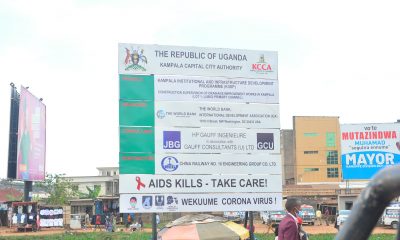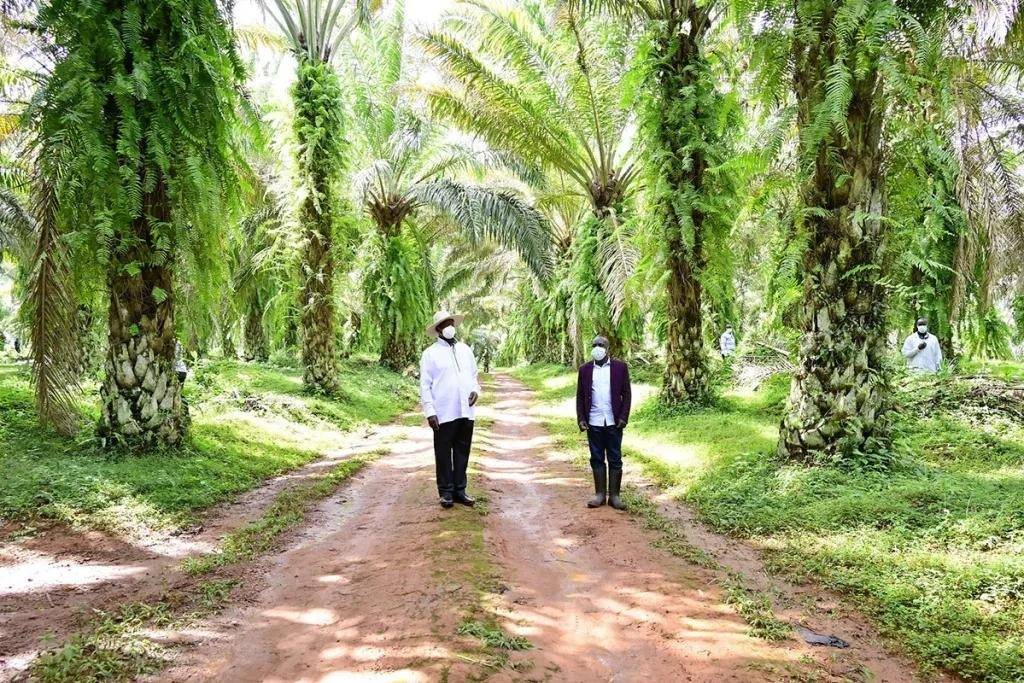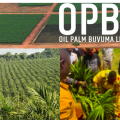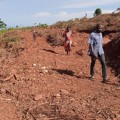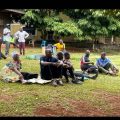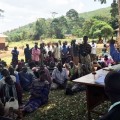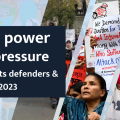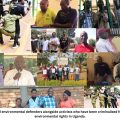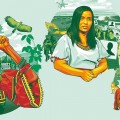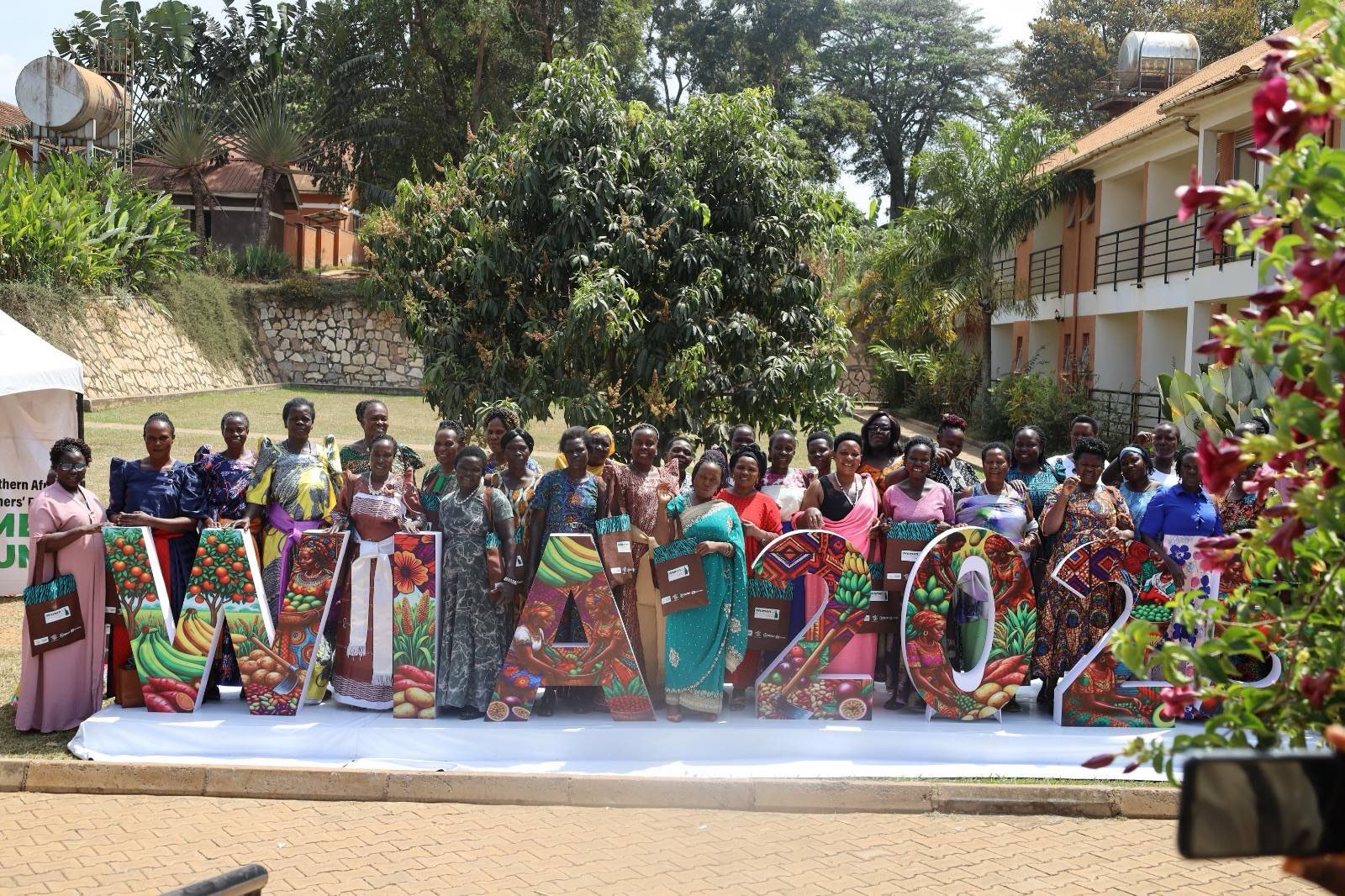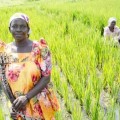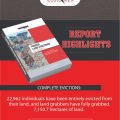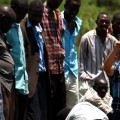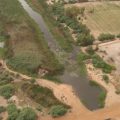By Witness Radio team.
Entebbe, Uganda-President Yoweri Museveni has directed the Ministry of Agriculture, Animal Industry and Fisheries (MAAIF) to compensate the oil palm Project immediately Affected Persons (PAPs) in Buvuma District, following a physical meeting with residents who had camped in Entebbe for nearly two weeks protesting delayed and selective compensation. The 450 victim families are part of over 1400 families that have lost their land to the oil palm project in Buvuma district.
The affected residents, numbering approximately 450, had sought the President’s intervention after being repeatedly excluded from the ongoing compensation process under the National Oil Palm Project (NOPP), despite earlier presidential directives on their compensation.
During the meetings on Friday and Saturday, community representatives told the President about prolonged delays, lack of transparency, and exclusion from compensation lists.
“We told the President about the back-and-forth his ministries have been sending us through, the lack of participation, and how we have been wrongly portrayed as people who do not own land when we do. Because he knows us, we reminded him of the directive he issued when he visited our area, which his ministries later claimed they were not aware of,” Witness Radio source highlighted.
President Museveni reportedly expressed surprise over the continued delays.
“I thought they had paid you. Why is it taking so long?” the President was quoted as saying during the meeting.
The President immediately directed MAAIF to work closely with the Office of the President to ensure that compensation is processed and paid without further delay.
According to the source, who attended the meeting, the President personally followed up on the matter.
“I have been directly talking to the President, and he told me that he is sending representatives from his office. He said he advised them to work with MAAIF to make sure we are compensated, and he wanted this to be done soon,” the source added.
While more than 200 residents had camped in Entebbe, the President advised them to select 20 representatives to ensure their voices are heard and that they feel included in the process.
“The President advised us to reduce to 20 people to represent the whole community since we knew what everyone wanted,” it added.
Following the President’s order, a joint meeting between representatives of the affected residents, MAAIF, and officials from the President’s Office was held yesterday in Entebbe.
It was resolved that compensation should be completed before Friday.
During the meeting and after reviewing relevant supporting documents, residents revealed that it was agreed that the government would compensate their group of approximately 450 affected persons with 16 billion Uganda shillings, which is intended to cover land loss, destroyed crops, and displacement caused by the oil palm project, clarifying how the funds will address their specific losses.
This directive comes close to two weeks after residents from Nairambi, Busamizi, Buvuma Town Council, and Buwooya Sub-counties camped in Entebbe, accusing government ministries of ignoring an earlier presidential order issued during the President’s June 18, 2025, visit to Buvuma District.
During that visit, the President had directed that all affected households be compensated and that 28 billion shillings be allocated, with 14 billion to be released immediately. However, six months later, many residents remained uncompensated, prompting renewed protests.
The compensation dispute dates back to 2018, when more than 100 residents sued the government and Bidco in Mukono High Court over forced evictions, delayed compensation, and lack of disclosure. The case was later transferred to Lugazi High Court.
During his June visit, the President advised the complainants to pursue an out-of-court settlement, promising faster compensation. This pledge, residents say, had not been honored until the latest intervention.
Even after the Ministry of Agriculture announced earlier this month that it would compensate oil palm-affected residents in Buvuma and Sango Bay, the group said it had not been consulted, prompting them to demand a meeting with the president.
As of publication, the affected residents say they are awaiting implementation of the President’s directive, hoping that the latest orders will finally bring an end to years of uncertainty and hardship.
“By Friday, we hope everything will have been processed because we submitted all the necessary supporting documents, and a team from the Office of the President is supervising the process,” it added.
According to a press statement from the Ministry, more than 11 villages are expected to benefit from the compensation exercise, indicating that many affected people are yet to be compensated. The statement revealed:
Based on the Government Valuers’ report, full payments have been made to 301 PAPs in five villages, and the Ministry plans to pay 1,405 PAPs across 11 villages.
When asked about the other communities that are not part of the initial 450 beneficiaries who ran to the president, the Ministry of Agriculture spokesperson, Ms. Connie Acayo, stated that the Ministry would follow due process, including clear criteria and verification steps, to ensure that all affected persons are identified and fairly compensated.
“Those people told us they do not want to hear about compensation procedures, valuation, or other processes associated with compensation; they only want the money. That is, maybe, why they went to the President. However, our Ministry is transparent, and we must follow established procedures when implementing such activities,” Connie told Witness Radio.
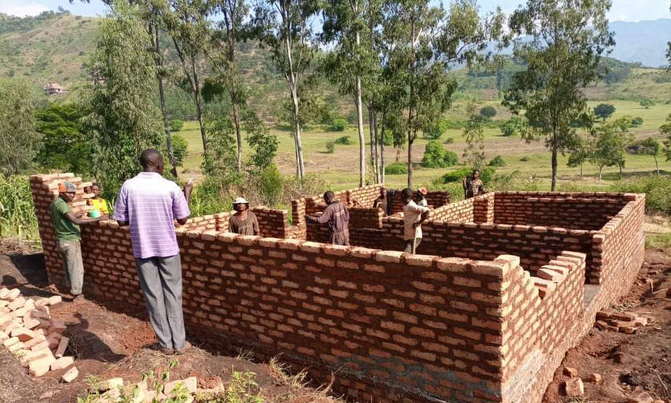

 SPECIAL REPORTS AND PROJECTS2 weeks ago
SPECIAL REPORTS AND PROJECTS2 weeks ago
 WITNESS RADIO MILESTONES2 weeks ago
WITNESS RADIO MILESTONES2 weeks ago
 MEDIA FOR CHANGE NETWORK2 weeks ago
MEDIA FOR CHANGE NETWORK2 weeks ago
 SPECIAL REPORTS AND PROJECTS2 weeks ago
SPECIAL REPORTS AND PROJECTS2 weeks ago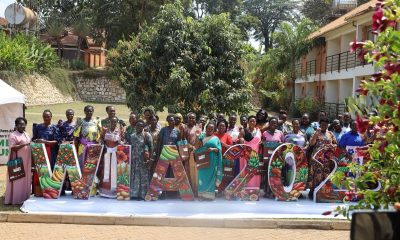
 MEDIA FOR CHANGE NETWORK3 days ago
MEDIA FOR CHANGE NETWORK3 days ago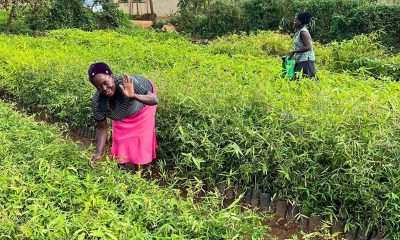
 MEDIA FOR CHANGE NETWORK1 week ago
MEDIA FOR CHANGE NETWORK1 week ago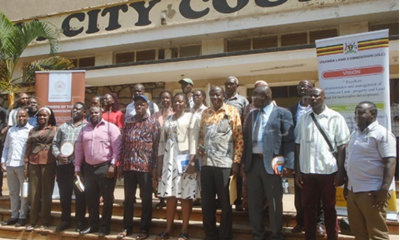
 MEDIA FOR CHANGE NETWORK1 week ago
MEDIA FOR CHANGE NETWORK1 week ago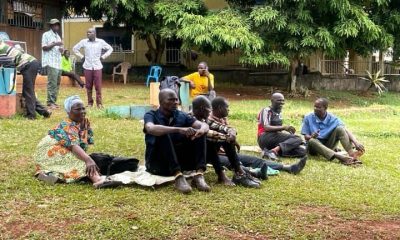
 MEDIA FOR CHANGE NETWORK3 days ago
MEDIA FOR CHANGE NETWORK3 days ago
